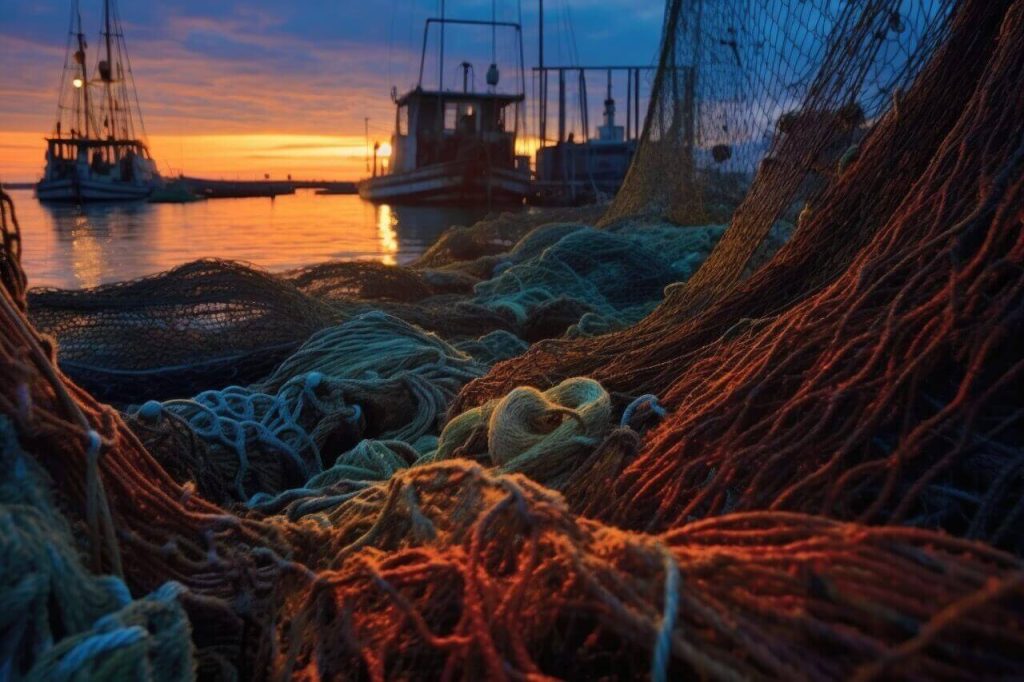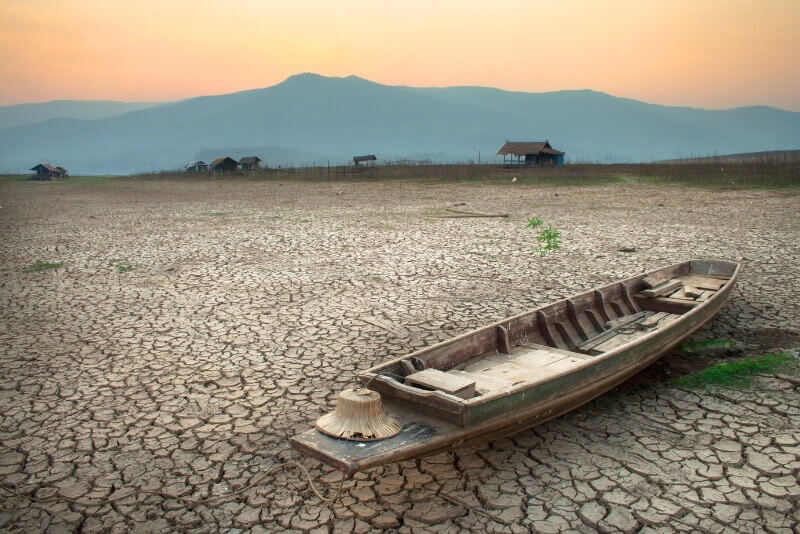Consumers are increasingly aware of the environmental and social challenges facing the world. They are concerned about issues such as climate change and the overexploitation of natural resources. Therefore, more and more consumers are basing their purchasing decision on business practices and their social and environmental responsibility. Choosing to buy more products from those that demonstrate a genuine commitment to sustainability and Corporate Social Responsibility (CSR).
In this article, we tell you all about Corporate Social Responsibility. What it is, its importance, and the actions companies in the seafood sector can take.
What is corporate social responsibility?
Corporate Social Responsibility (CSR) refers to the commitment that companies assume to operate ethically. This with the objective to contribute positively to society and the environment, in addition to seeking economic benefit.
Corporate Social Responsibility strategy: Actions to take into consideration
In relation with CSR strategies, there are some actions that businesses could consider implementing on their operations:
- Responsible products and services: Develop products and services that are safe, high quality, and meet customer needs in a responsible manner.
- Responsible supply chain: Work with suppliers that also practice ethical and sustainable standards. This will ensure that the entire supply chain complies with CSR principles.
- Environmental sustainability: Companies can try to reduce their ecological footprint and minimize their greenhouse gas emissions and pollution. Also, businesses can focus on conserving natural resources and adopt sustainable practices and renewable energy in their operations.
- Labor rights and working conditions: It consists of promoting a safe, inclusive and fair work environment. It involves improving employees’ development opportunities and respecting labor and human rights.
- Transparency and traceability: Transparency practices in decision-making, accountability and governance structure are also important aspects of CSR.
- Communities and local development: Companies can engage in activities to support the local community. For example, participate in donations, educational programs, volunteer services and development projects. These CSR initiatives could have a positive impact on social issues.
CSR: Challenges in the seafood sector
In the seafood sector, as in other industries, Corporate Social Responsibility presents specific challenges. These are determined by the nature of the activity and their complex interactions with the environment and local communities.
Below, we highlight the most important CSR challenges in the fishing industry:
- Overexploitation of fisheries is a major problem in many parts of the world. CSR in the seafood sector involves ensuring that fishing practices are sustainable. Prevents the decline of species populations and ensures the balance of the marine ecosystem is not damaged.
- CSR requires companies to ensure that the seafood they purchase comes from legal and regulated sources. Illegal, unreported and unregulated (IUU) fishing practices contribute to overexploitation and have a negative impact on coastal communities and marine biodiversity.
- Work in the fishing industry can be dangerous and is associated with poor working conditions in some regions. CSR in this sector involves ensuring safe and fair working conditions for fishermen and staff involved in the supply chain.
- Fishing operations can have a direct impact on coastal communities that depend on marine resources for their livelihoods. CSR in the seafood sector requires considering the well-being and livelihoods of the communities in which it operates. Also, it involves working to mitigate any negative impacts.
- Having sustainable certifications and labels, such as that from the Marine Stewardship Council (MSC). This certification indicates products come from sustainable fisheries, a way to support CSR claims in the seafood sector. However, the effectiveness and credibility of these certifications can be a challenge in itself.
- CSR involves traceability and transparency in the seafood supply chain. It could be complicated in a globalized industry, but ensuring the origin and production process is important.
- Aquaculture and seafood processing practices can generate waste and pollution in the marine environment. CSR involves minimizing the environmental impact of these activities and adopting more sustainable waste management practices.
- Climate change can have a significant impact on populations of marine species and marine ecosystems in general. CSR in the seafood sector involves considering and adapting to the effects of climate change on seafood production and supply.
These challenges, alongside consumer awareness, have led to CSR becoming a fundamental part of business strategy in the fishing sector.
Fishing companies committed to corporate social responsibility, such as ours, face great challenges. Seeking a balance between implementing CSR activities and being financially profitable is difficult. It implies ensuring there is a sustainable exploitation of marine resources and environmental protection.
Also, it involves ensuring the well-being of the people involved in the supply chain. While also ensuring producing high quality products and reaching high standards.
However, beyond these challenges, it is important to take action and focus on the benefits of corporate social responsibility.
At KrustaGroup we have certifications in food safety and sustainability. We have quality controllers at origin and we are committed to wild species. Also, KrustaGroup always fished in sustainable fishing grounds. By using selective gear we aim to minimize the impact on the marine environment and its biodiversity.





